
Sign in to your Collider account
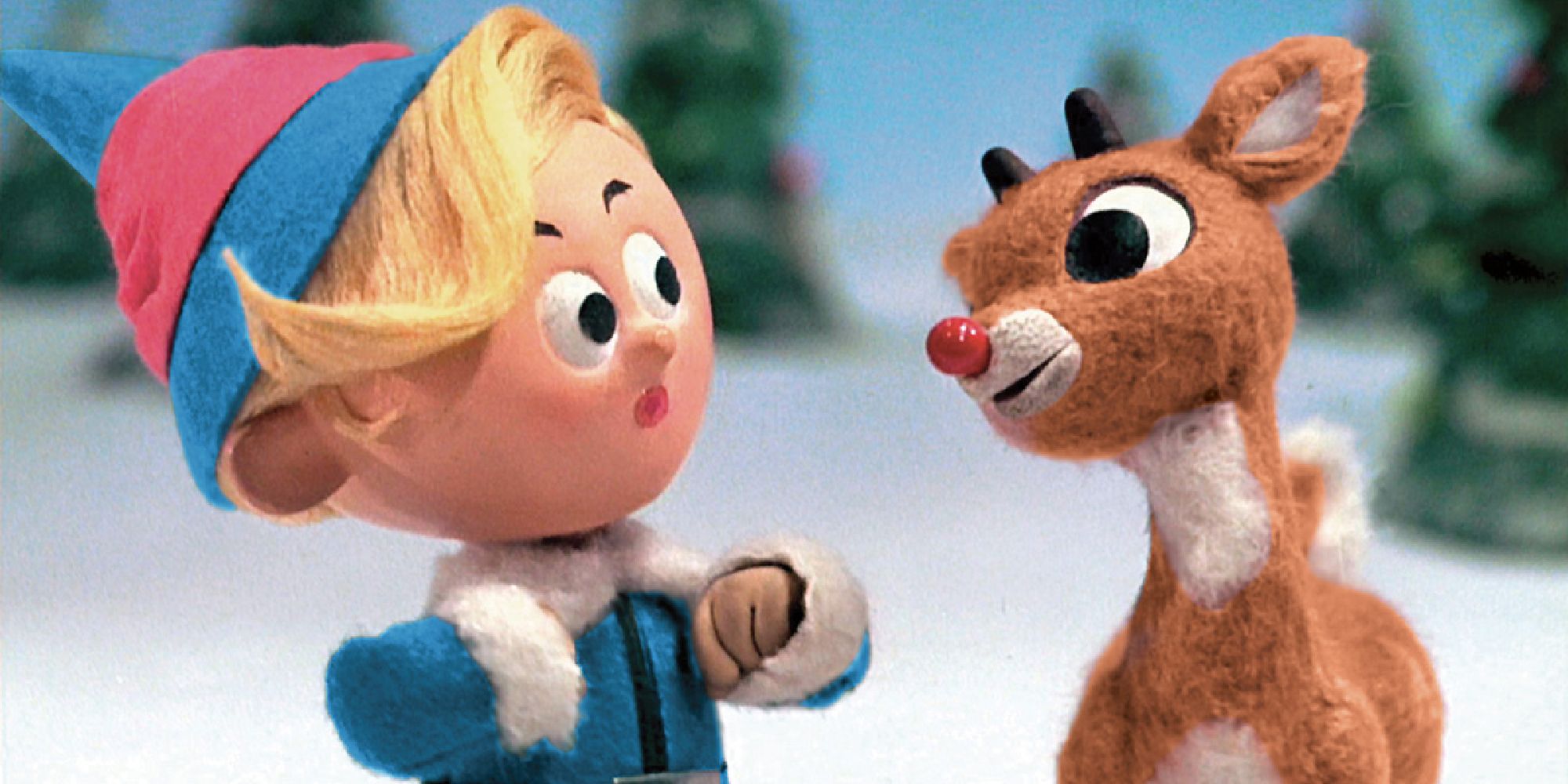 Image via NBC
Image via NBC
Rudolph the Red-Nosed Reindeer, directed by Larry Roemer, is a stop-motion holiday classic — something kids and adults alike revisit as twinkle lights once again make an appearance. Although drenched in sweet nostalgia, Rudolph the Red-Nosed Reindeer has experienced more than its share of backlash in recent years, and for good reason. Thanks to the film's blatant bullying, the adorable stop-motion lends a rather confusing feel to this otherwise cute movie. It's quickly shown that no one supports Rudolph's differences, not even his own father. Despite his personal struggles, Rudolph represents tenacity and a fearless spirit, hitching his snow-covered wagon to that of fellow outcast elf, Hermey. The two form an unlikely bond and eventually team up with Yukon Cornelius. Audiences also watch as the poor deer selflessly puts his friends' and loved ones' safety above his own, time and again.
On the surface, Rudolph the Red-Nosed Reindeer is seemingly innocuous, but the Christmas movie’s adorable stop-motion (courtesy of Rankin/Bass) is — despite being impressive for 1964 — as antiquated as the message so brazenly conveyed from the film’s inception. Rudolph was born with a very special trait: a bright red nose. Instead of celebrating his uniqueness, both his father and Santa are disappointed in Rudolph’s difference, using pejoratives to describe what should be honored and appreciated. Instead of taking pride in his son’s unique appearance, Donner explains to Santa that he’s sure his son will grow out of the one thing that sets him apart from the rest. Seeing as this flick is a family movie targeted toward children, the message it sends is certainly not one of unconditional love and acceptance.
Rudolph Constantly Experiences Relentless Rejection and Bullying
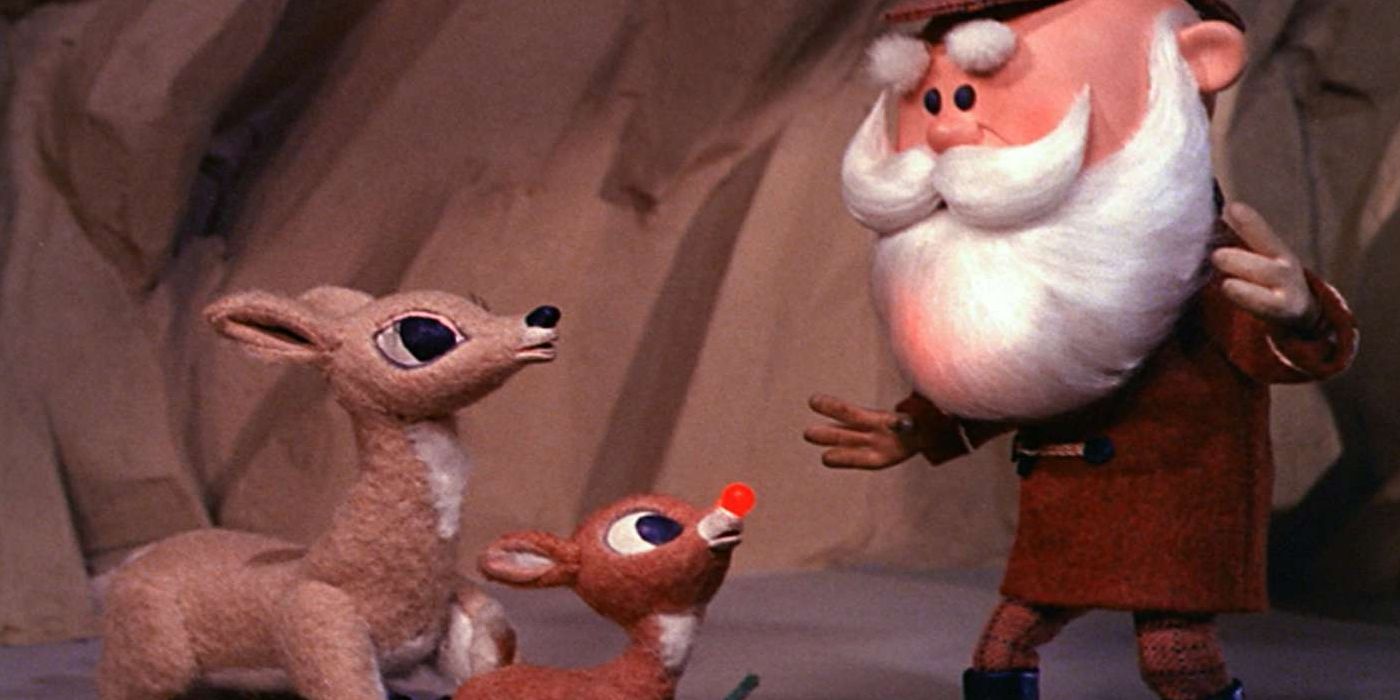 Image via Videocraft International, Ltd
Image via Videocraft International, Ltd As Rudolph grows, he’s expected to conceal his nose with a disguise. Although most fall for this ruse, it doesn't last, subjecting him to relentless ridicule in front of his beloved crush, Clarice. To add insult to injury, his coach heartlessly explains he’s no longer welcome to participate in the Reindeer Games. In a day and age when differences are celebrated, Rudolph the Red-Nosed Reindeer’s outdated message is to conceal one’s differences, as conformity is the solution. This couldn’t be any more egregious of a message, especially for children. The worst part is that Santa never steps up to the plate in Rudolph's defense, making him a low-key movie villain when he should be delivering Christmas cheer. As far as famous Christmas movies are concerned, this doesn't exactly embrace the holiday spirit, especially as far as Jolly Old Saint Nick is concerned.
Rudolph isn’t the only character subjected to the bullying and harassment of Santa’s Subjugated Christmastown. Hermey the Elf wants better for himself. He’s discontent with being a toy maker and wants nothing more than to become a dentist, but he's ridiculed and mocked at every conceivable turn. Instead of making toys for the masses, Hermey wants to offer a worthwhile service, but his dreams are shot down, essentially telling children that they can be what they want — so long as society says it’s acceptable. This couldn’t be farther from the truth and a terrible message to convey, especially in an iconic Christmas movie.
Forming Unlikely Friendships Saves the Day
As Rudolph and Hermey bond over a lack of acceptance, they stumble upon the Island of Misfit Toys, which is, in essence, a safe haven for toys with physical differences. Once again, a specific group is cast out because of the things that make them special. The message conveyed is that Santa and the residents of Christmastown have no room for toys, animals, or elves with differences. Santa is the presiding judge over who is naughty and who is nice, making the irony palpable.
Since Rudolph leaves, yet again, of his own volition, his nose proves to be a point of inner contention, and audiences are left to wonder when the red-nosed reindeer will realize the only being's acceptance he needs is his own. Although Hermey, Cornelius, and the Misfit Toys offer more than enough emotional support and acceptance to make up for all the bullying he's endured, it is Rudolph himself who needs to accept his nose. As he grows, so does his moral compass, eventually discovering his self-worth and returning to the place where he experienced various degrees of bullying from those sworn to love and protect him. The message for audiences is that Rudolph is no longer letting the bullies dictate his emotions and is prepared to face his past. Although Rudolph should never have been subjected to this type of treatment, the movie serves as a reminder that true acceptance comes from within, further sealing its spot as one of the best Christmas movies, despite its flaws.
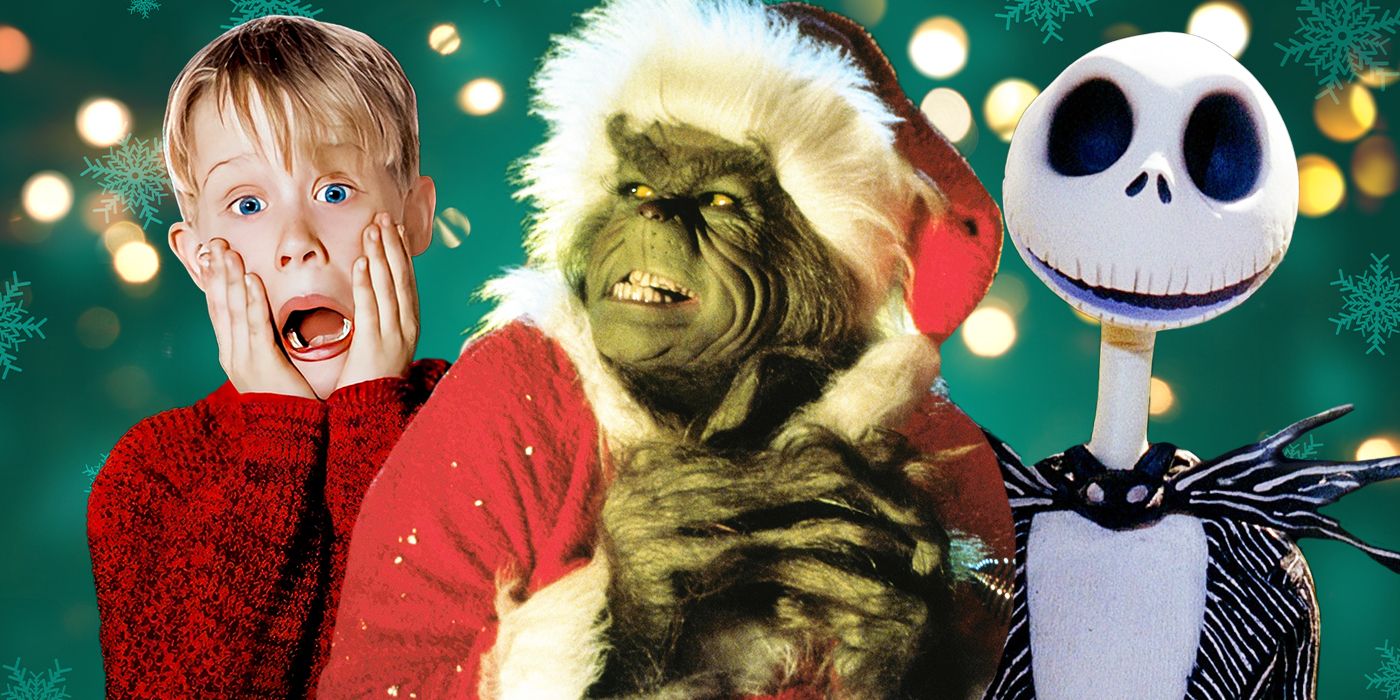
Related
What Is Your Favorite Holiday Movie?
Now that Thanksgiving is over, it's time to get into the holiday spirit with some Christmas movies. While there are plenty of great ones out there, and more coming out each year (thank you so much, Hallmark Channel), we want to know what your favorite holiday film is?Some of my favorite movies are holiday films, including the Frank Capra classic, It's a Wonderful Life, the other great, overlooked James Stewart holiday favorite, The Shop Around the Corner, or the delightfully sappy ensemble comedy of Love, Actually. But my favorite holiday film is one I've grown up with my entire life: Home Alone. As a kid, I wanted to be Kevin McCallister (I even had a TalkBoy and a poster of the McCallister house in my bedroom), and as an adult, I still want to be Kevin McCallister. While many might find the idea absurd, John Hughes' screenplay and Chris Columbus as director really try to fill in all the plotholes in what could've just been a dumb holiday movie (see Home Alone 3 and everything that
Santa has an attack of conscience and welcomes the Misfit Toys back, vowing to find them homes and children to love them for the way they are. Although Santa's initial response to these toys was to cast them aside, he stepped up to the plate and made good on his promise to pair toys with every child, celebrating the Misfit's differences and learning from his mistakes, ultimately setting this stop-motion animation movie back on track.
'Rudolph the Red-Nosed Reindeer' Is Still Worth Watching
Is there room for Rudolph the Red-Nosed Reindeer in the holiday movie circuit? Absolutely, but with caveats. Children should watch this movie with an adult to explain exactly why its principles are, for lack of a better word, lackluster. Instead, Rudolph is a perfect example of real-world teachable moments, highlighting the beauty of each other's differences and an open forum for discussing unequivocal acceptance. Blatant bullying throughout this movie aside, Rudolph the Red-Nosed Reindeer captures the tenacious spirit of one determined reindeer and his equally enthusiastic friends as they come together to celebrate the true meaning of Christmas — and each other.
Rudolph the Red-Nosed Reindeer is available to stream on Apple TV+ in the U.S.
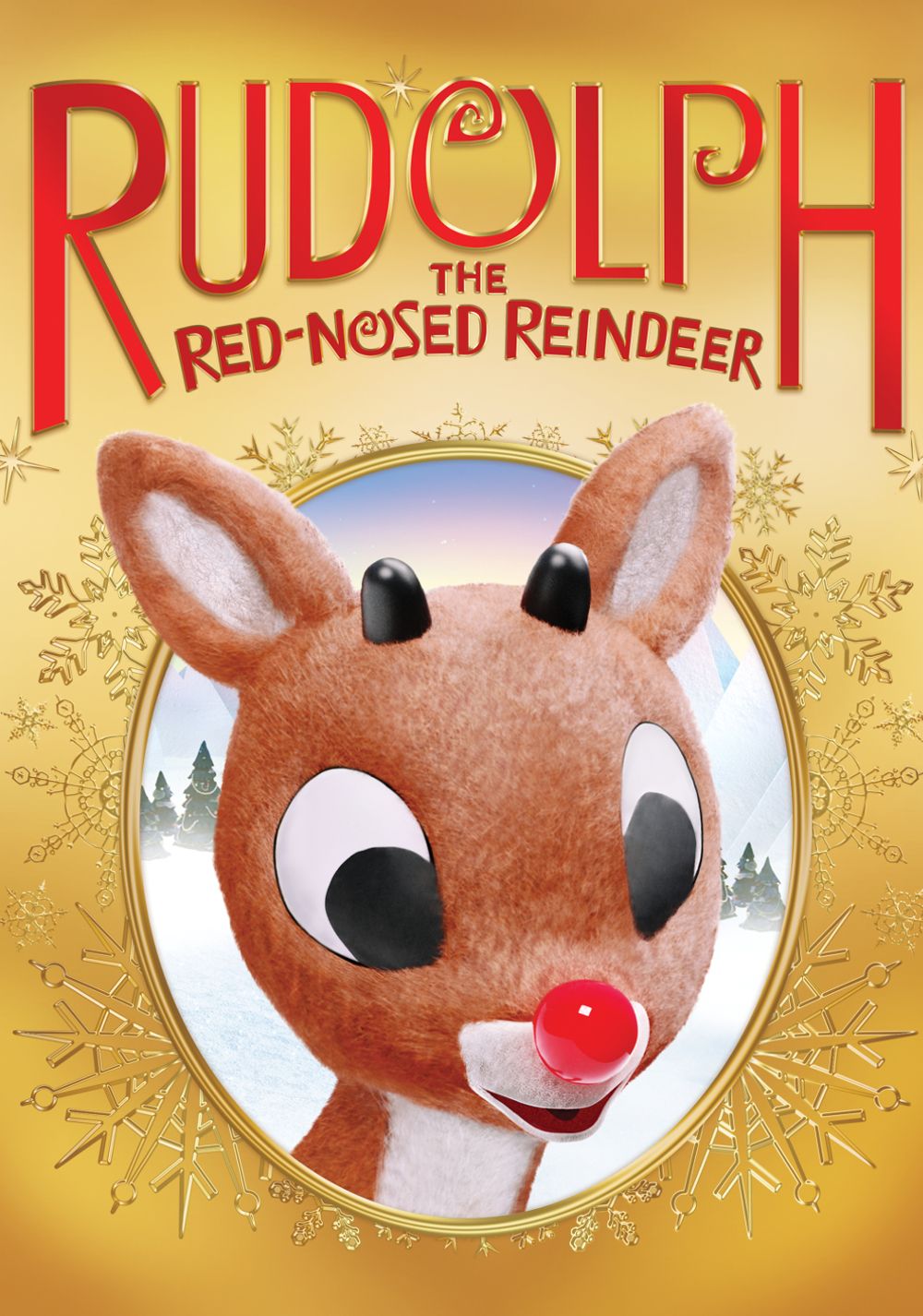
Your changes have been saved
Rudolph the Red-Nosed Reindeer (1964)
A young reindeer Rudolph lives at the North Pole. His father is one of Santa's reindeer and it is expected that Rudolph will eventually be one too. However, he has a feature which is a setback and causes him to be ostracized: his red nose.
Release Date December 6, 1964
Director Larry Roemer
Cast Billie Mae Richards , Burl Ives , Larry D. Mann , Paul Soles
Runtime 47 minutes


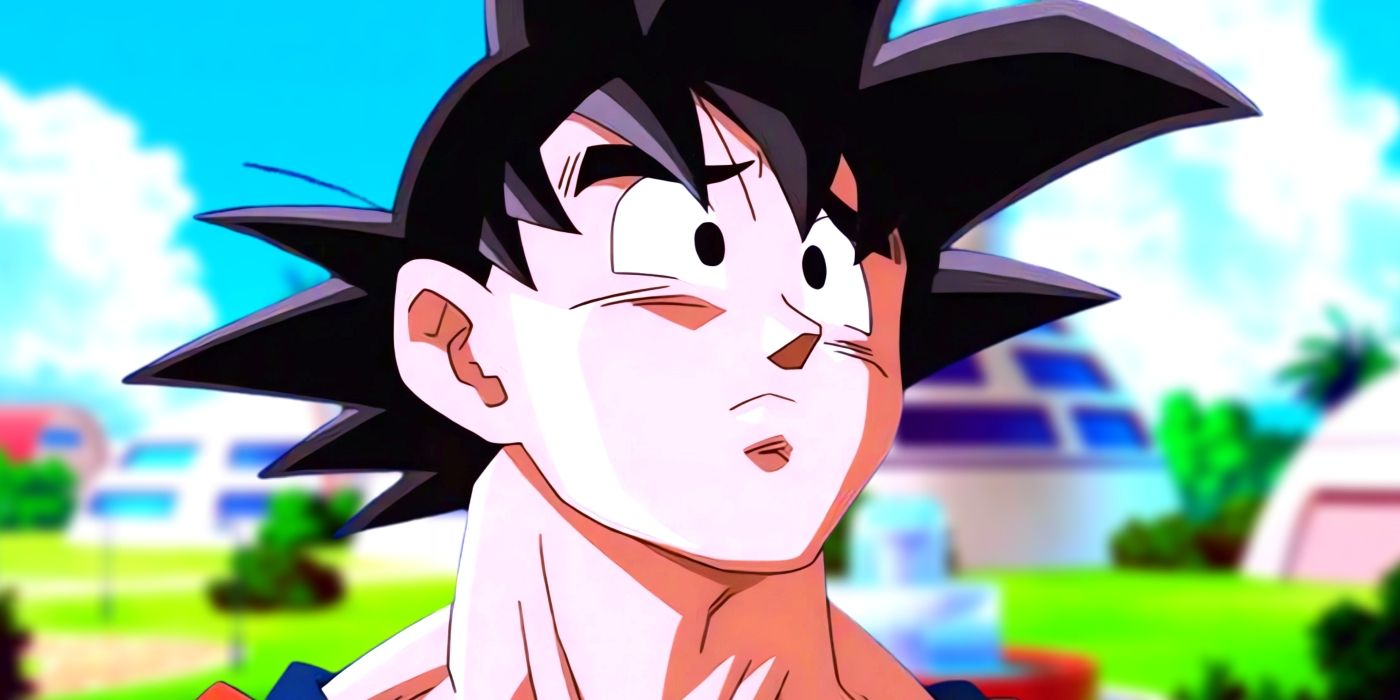






 English (US) ·
English (US) ·